PM Formalization of Micro Food Processing Enterpri
June 13, 2025
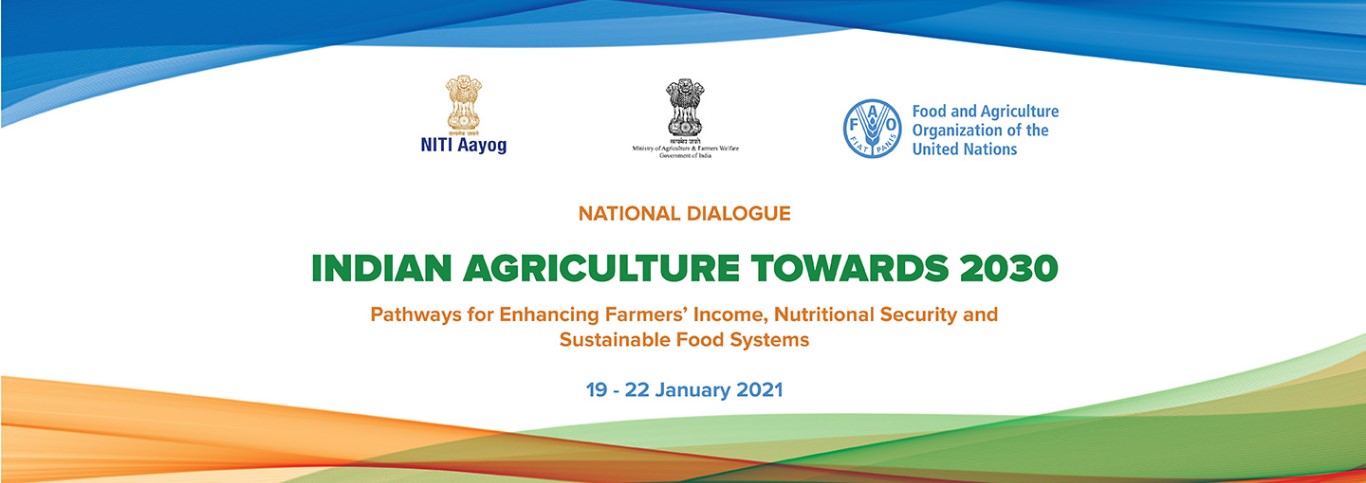
Indian agriculture is typically identified with the ‘Green Revolution’ that started in the 1960s enabling the nation to make great strides in domestic food production and significantly contributing to progress in agriculture and allied sectors. It transformed India from a food-deficit nation to a food-surplus, export-oriented country. However, now the country is facing second-generation problems, especially related to sustainability, nutrition, the adoption of new agricultural technologies and, perhaps most importantly, income levels of the population dependent on farming. Agriculture is facing new and unprecedented challenges. The government is continuously engaged in addressing these challenges, and relevant departments are involved in the administration of existing programmes and policies. However, there is a recognised need for more long-term directional reorientation of food, agriculture, and farm policies. The country is known for its diversity of farming practices. It is important to get diverse points of view engaged in a national-level dialogue to find suitable solutions for the future.
The national dialogue aims to complement efforts of the NITI Aayog and Ministry of Agriculture and Farmers’ Welfare (MoA&FW) in designing a post-Green Revolution future for the country. Both recognise that the challenges, for which the ‘Green Revolution’ was rolled out, have since been addressed to a great extent in a large part of the country. There is a clear need now for a transformative vision for the next decade. This national dialogue is about thinking through the transformation and what it means for both policy and practice. The areas that need special attention have been identified through a collaborative process with NITI Aayog and MoA&FW, under the overall guidance of a Steering Committee of agricultural experts. Papers have been commissioned on priority themes mentioned below, and will form the basis for the dialogue, which will be organised in dedicated thematic sessions. The dialogue process will eventually lead to a pathways document that will be presented to the Government of India and State Governments.
The NITI Aayog, Ministry of Agriculture and Farmers’ Welfare (MoA&FW) and the Food and Agriculture Organization of the United Nations (FAO) initiated a national dialogue in the country in 2019 for facilitating the transformation of India’s agriculture. The development of its design was an iterative process amongst NITI Aayog, officials of MoA&FW and FAO staff. A steering committee was formed with a dozen domain experts in the field of food and agriculture, representing a wide range of agricultural and allied sectors expertise. FAO functions as the working secretariat. The committee is chaired by Prof Ramesh Chand, renowned agricultural economist and Member, NITI Aayog. The committee has held six meetings through which its members agreed on the priority themes for the dialogue and through which preparations for the national conference were also undertaken. Papers have been commissioned to select authors on different thematic areas, which are listed below. These will form the basis of discussion. In the spirit of dialogue, new insights and ideas will be exchanged. The first round of the dialogue process will be held as virtual sessions from 19-22 January 2021. The second round of brainstorming will be held in mid-2021 to consolidate ideas and recommendations into ways forward for the next decade.
Transformational Change: Re-mandating Indian Agriculture
This overview paper lays down the rationale for the foundational change required in Indian agriculture. In doing so it explains the purpose of this national dialogue. It points towards the policy changes required to reorient India’s food and farming system from focusing on mere production to enhancing farmers’ incomes and ecological security.
The themes below were arrived at through extensive discussion amongst co-organisers and the Steering Committee, and capture the coverage of contents of this dialogue process. These thematic papers will be circulated prior to the respective sessions and will be presented and discussed at the technical sessions of the conference. After this, the authors will be requested to incorporate the feedback and submit a final version of the paper.
The paper analyses the trajectory of agricultural transformation using different indicators to discuss the likely path of transformation for Indian agriculture.
In the light of the pandemic, desert locust attacks and other natural disasters, this paper explores new and emerging challenges confronting Indian agriculture, while looking towards the horizon on ways to undertake disaster risk reduction
This session delves deeper into understanding the value proposition of agroecology and natural farming systems. Though natural farming systems is one of the subset practices in the current agricultural landscape, it has significant positive attribution to conserve and enhance agrobiodiversity. The session will discuss the potential of such systems to meet the challenges of food and nutritional security, achieve optimal efficacy in natural resource exploitation, integrate technology and innovation, augment climate resilience and guarantee economic viability. And, is natural farming system future ready?
This paper examines the role of structural reforms and governance issues for transformation of agriculture sector and provide pathways for reforming policies and institutions for a sustainable and resilient agriculture and food systems.
This paper explores the different types of risks affecting food and farm systems, especially production, marketing, and pricing risks as well as climatic crises. The secondary objective is to provide pathways for building resilient food systems
This paper critically documents key challenges and explore opportunities for efficient use of water in agriculture and allied sectors. The paper traverses through the diverse waterscapes of the country. It then projects the water requirement for farming by 2030 in view of changing food systems and climate change. The paper also provides pathways for effectively and efficiently conserving and utilising water in agriculture.
This paper shows how dietary pattern among rich and poor in India is changing, and what are the drivers influencing the changing pattern. How are rich and poor responding to changing incomes and prices in deciding their diets? Also, it examines how social safety-net programmes are contributing to enhancing food and nutritional security. Finally, the paper will provide pathways for safe and healthy diets for nutritional security
This paper explores the new role of science, technology and innovation in making agriculture more efficient, competitive and sustainable.
Source By:-NITI Ayog
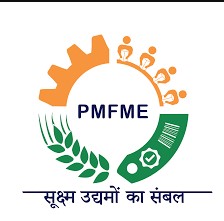
June 13, 2025
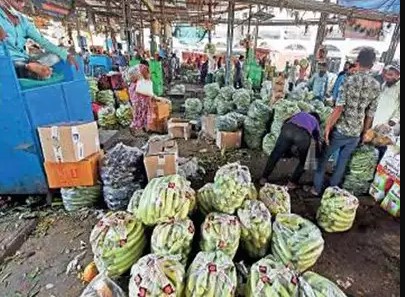
June 13, 2025
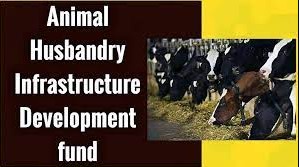
June 13, 2025
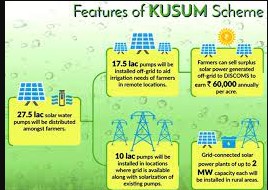
June 11, 2025

June 11, 2025

June 10, 2025